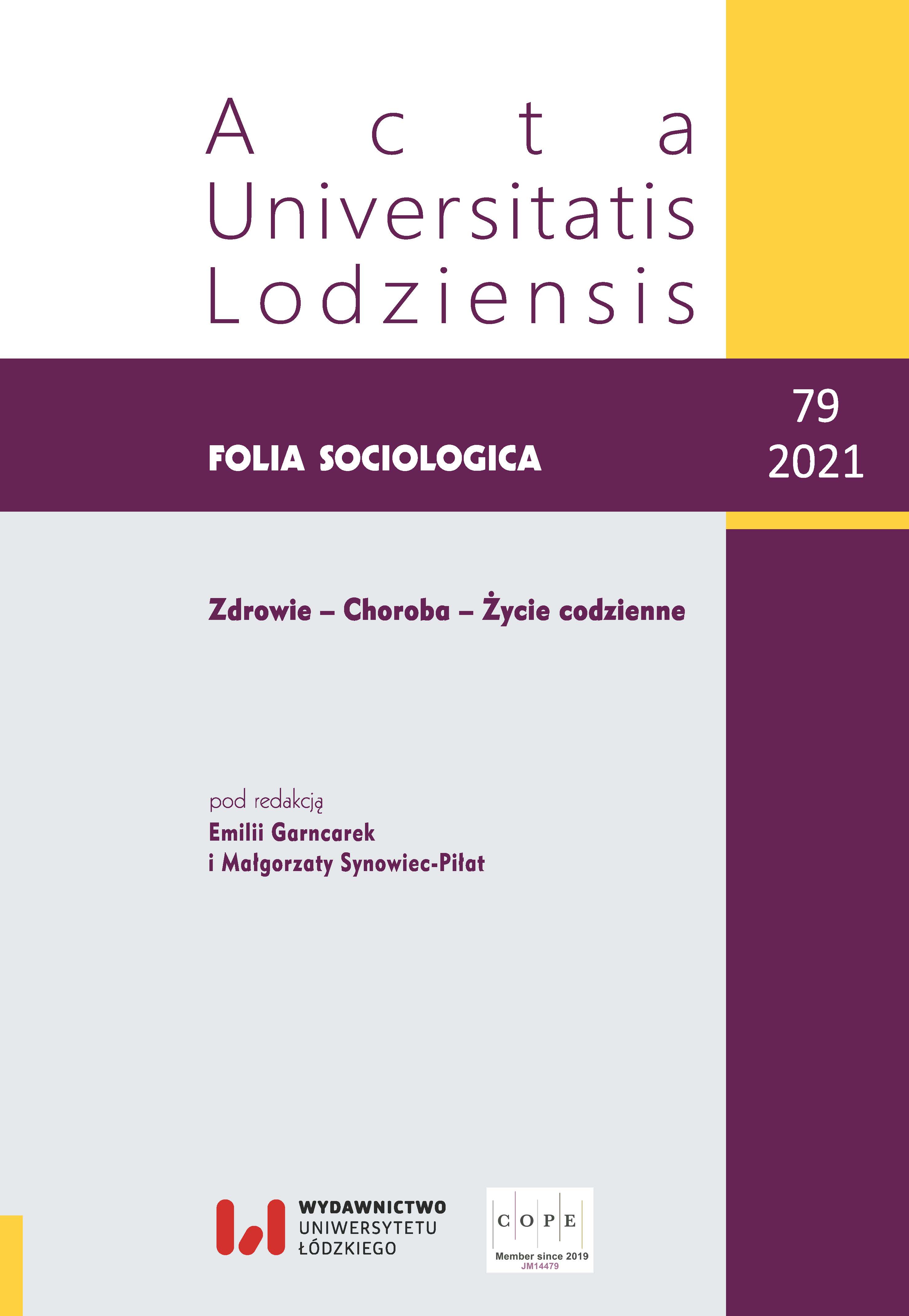Celiakia – perspektywa socjomedyczna
Coeliac disease – a sociomedical perspective
Author(s): Magdalena WieczorkowskaSubject(s): Social Sciences, Health and medicine and law
Published by: Wydawnictwo Uniwersytetu Łódzkiego
Keywords: coeliac disease; gluten-free diet; illness behavior; stigma; sick role; life style
Summary/Abstract: Coeliac disease (CD, gluten enteropathy, gluten sprue) is an autoimmune, genetic condition related to possesion of certain combination of genes HLA-DQ2 and HLA-DQ8. In persons suffering from CD eating gluten causes villus atrophy, which in turn effects with absorption disorders and other medical conditions (weight loss, anemy, lack of vitamins, osteoporosis). It is chronic and nontreatable condition and in most cases the sole treatment is restrictive gluten-free diet involving full elimination from meals certain proteins present in cereals – gliadin in wheat, secalin in rye, hordein in barley and avenin in oats. CD is commonly associated with childhood but its prevalence in adult life is more and more frequent. Gluten-free diet, which is the only known therapy requires from the sick person systematicity and consequence and is often related to change in the life style. The aim of the article is to present complexity of medical background of the disease and its implications regarding reactions toward a disease, the life and dealing with it as well as social and environmental determinants influencing improvement in the patients’ condition. It has been assumed that it is a condition still not enough recognized in the society as well as among doctors (which proves the average time of the proper diagnosis). The main thesis of the paper states that the coeliac disease is a complex condition and the lack of the classical medication makes it a disease, that the success of the therapy strongly depends on the patients, their knowledge and determination in the demanding diet. From the social point of view misunderstanding of the patient may frequently negatively influence their illness behavior, which in turn, can have a negative impact on their condition. Additionally, coeliac patients have to deal with limitations in everyday routines – job performance, travelling or meetings. The article is constructed in sociomedical frames. In the first part, the article presents medical image of the disease – its clinical description, types and variants as well as diagnostic path. Presentation of those issues in the first place is crucial to understand properly the essence of the disease and difficulties in dealing with it as well as with the co-existing conditions. The second part is devoted to sociomedical perspective – it describes the disease from the patient’s perspective taking into account their reactions toward the condition, undertaking the sick role, illness behavior, stigma management, relations with others and everyday problems resulting from the disease and diet. Presented reflections don’t exhaust the complexity of the topic and multidimensional problems of the coeliac patients. Subsequent parts of the article are aimed at showing that complexity and can be the starting point for deeper and more detailed analises. The article is based on the review of the Polish and foreign body of work in that field as well as obtainable research in that area.
Journal: Acta Universitatis Lodziensis. Folia Sociologica
- Issue Year: 2021
- Issue No: 79
- Page Range: 7-30
- Page Count: 24
- Language: Polish

